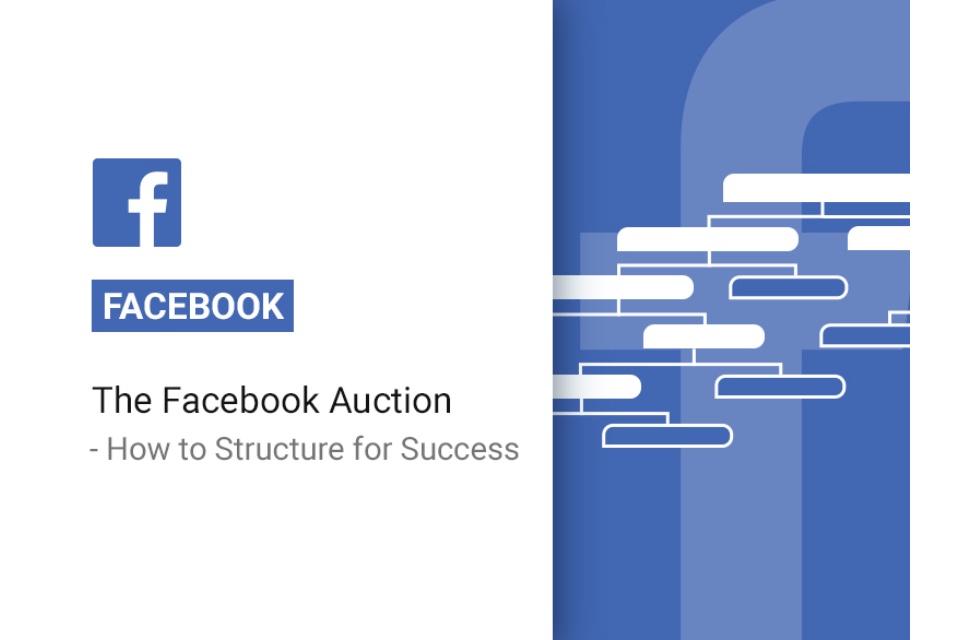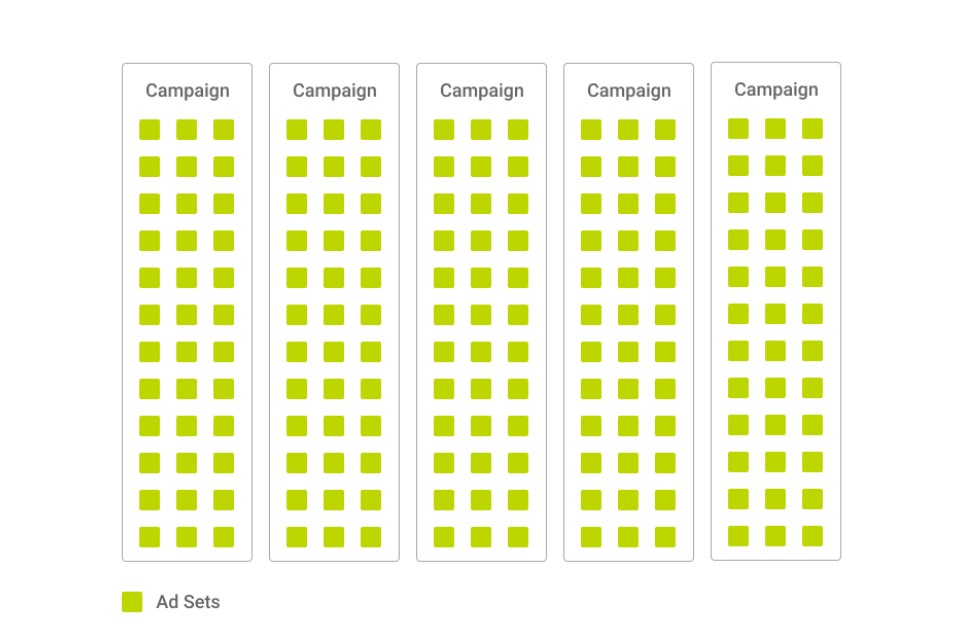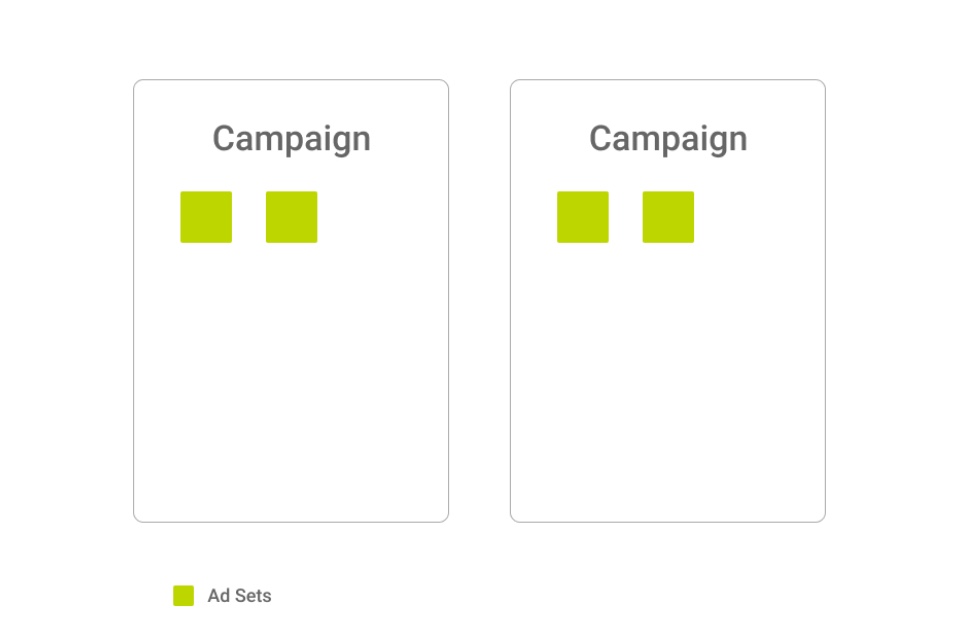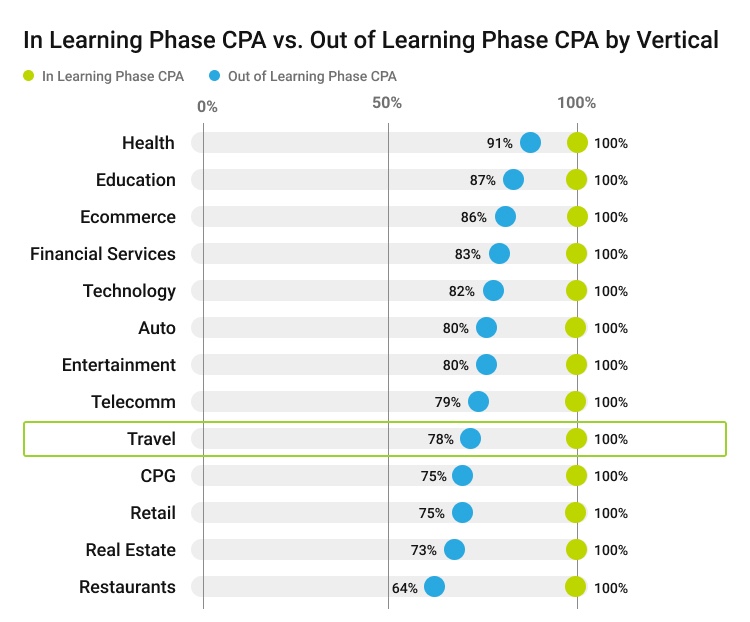5 Minutes With… Paul Honey, Strange
In the latest instalment of our executive interview series, we sat down with Paul Honey, Managing Director at Strange, to talk about his business, marketing industry trends, challenges, opportunities and career advice…
Tell us about your company, products and services.
We run a lot of high performing digital marketing campaigns (PPC, Social, Display and SEO) and design and build websites (Drupal, Magento, Shopify, WordPress) for a range of travel, leisure, retail brands and not for profit clients. We’re located in Bournemouth and Bristol and are celebrating our 20th birthday this year.
What have been the biggest challenges the Marketing industry has faced over the past 12 months?
Performance of marketing campaigns. ‘Subpar’ performance just isn’t sustainable, ‘good’ performance is often not enough to keep brands ahead of their competitors and brands rarely have the budget to be the ‘best’. So from our perspective it’s all about doing things ‘better’. It’s a simple approach to a complicated problem.
And what have been the biggest opportunities?
We’ve seen a strong rise from brands that are seeking better performance from their marketing budgets and who are looking for a more joined up approach to digital.
What is the biggest priority for the Marketing industry in 2020?
From a digital point of view, getting ready for the ‘downfall of the cookie’ is a huge priority. For organisations who rely a lot on cookie-based audiences they should be preparing for the day when the main browsers no longer allow marketers to track users using cookies. They could start by collecting as much (GDPR-compliant) first party data as they can from their customers so that they can use this information to build audiences in the future.
What are the main trends you are expecting to see in the market in 2020?
As Google and Facebook battle it out for client advertising budgets, we’d expect to see a lot of continued innovation in both platforms – which is a great! And with the increased privacy legislation, we’re also starting to see data further up the funnel becoming more significant.
What technology is going to have the biggest impact on the market this coming year?
The humble cookie…Things are changing in digital and the impact is significant.
In 2025 we’ll all be talking about…?
Probably voice search – it’s predicted that 75% of US households will have a smart speaker by 2025 and the UK will be just a bit behind that number. It won’t be long until Amazon’s ‘keyword trigger’ patent comes to life which could allow brands to advertise based on the smart speaker recognising certain keywords. It will start small of course, but the possibilities are just too significant for it not to become a major marketing channel.
Which person in, or associated with, the Marketing industry would you most like to meet?
Frederick Vallaeys – one of the architects of the Google Ads platform, an ‘AdWords Evangelist’, and current CEO of Optmyzr – a tool we use widely. It would be really interesting to get his opinion on the future of paid media marketing, and how far it’s come since he helped create Google Ads.
What’s the most surprising thing you’ve learnt about the Marketing sector?
The rate of change that technology enables new businesses models to emerge is fascinating to watch. There are some very cool companies out there now and whilst not all of them will rise to the heights of the current tech giants, a few undoubtedly will.
You go to the bar at the Digital Marketing Solutions Summit – what’s your tipple of choice?
More than likely a coffee…
What’s the most exciting thing about your job?
Each day usually brings something new and exciting, but nothing matches the team delivering work that surpasses client expectations.
And what’s the most challenging?
There’s not one thing that’s really challenging…There are of course minor ‘annoyances’ from time to time.
What’s the best piece of advice you’ve ever been given?
“Spend client’s money like it was your own.” I was given this advice early in my career whilst working in New York City. It’s such a universally good bit of advice for people working in agencies.
Succession or Stranger Things?
Neither. Watched a bit of both, but they didn’t capture my interest enough to pursue. I did binge watch Vikings though!





